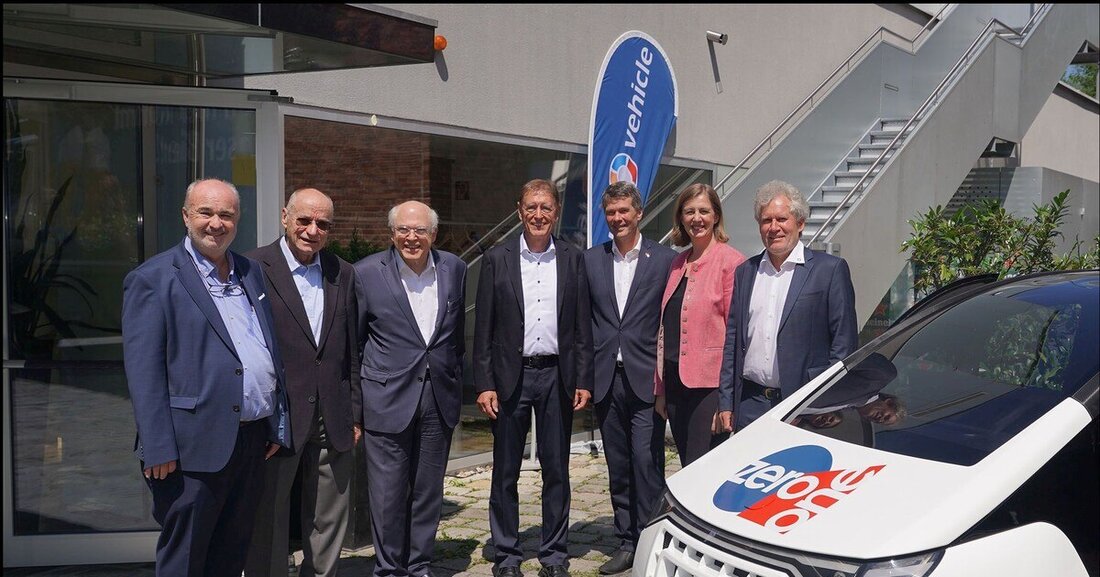Styrians are testing the car of the future
Virtual Vehicle, the research center for virtual vehicle development in Graz, is celebrating its 20th birthday.

Styrians are testing the car of the future
“The Virtual Vehicle” was founded in 2002. Since then, the research institute, now renamed “Virtual Vehicle”, has developed into a central player for green digital mobility and is now Europe's largest research center for virtual vehicle development in the automotive and rail sectors. “The beginnings were quite turbulent, and only a few experts knew what we were actually working on here in Graz,” remembers managing director Jost Bernasch. Today, virtual vehicle development is internationally state-of-the-art. Thanks to strategic research and modern key technologies such as Credible System Simulation, the center has developed into a sought-after technology trendsetter among premium vehicle manufacturers such as BMW, Siemens and VW as well as among suppliers such as AVL, Bosch, Infineon, Magna and voestalpine.
Today, over 320 employees from 22 countries work on the Virtual Vehicle, many of whom are among the most sought-after experts in their fields internationally. Thanks to its top position in Europe, millions of euros in funding and investments were brought to Austria. Since 2012, Virtual Vehicle has been involved in over 100 major EU research projects with a volume of over 50 million euros. In addition, foreign industrial partners have since invested over 30 million euros in Styria and co-financed the development of top know-how. ICOS proved to be one of many outstanding success stories: With industrialization from 2014 onwards, the self-developed co-simulation platform, together with AVL, began an international triumph around the world. ICOS enabled the integration of different domains such as energy efficiency, vehicle safety or comfort in an early development phase, which today enables billions of euros in savings opportunities for vehicle manufacturers worldwide.
Virtual Vehicle has set itself the goal of actively shaping the mobility transition. The year 2022 is a milestone because Austria is expected to have achieved an ambitious goal of climate neutrality by 2040. “If implemented correctly, the mobility transition can become a huge economic engine for Austria,” explains Jost Bernasch. The “Mobility Master Plan 2030” to fulfill the Paris Climate Agreement heralds a complete realignment of the mobility sector. Science and research are required to make a significant contribution to achieving the goals. A project to develop autonomous vehicles has been running since 2015; the current use case is the EU project SHOW with an electric, autonomous “on-demand” shuttle in Graz and two others in Europe. In the equally pioneering area of electromobility, a Styrian consortium is developing powerful and sustainable lithium-ion battery technology.

 Suche
Suche
 Mein Konto
Mein Konto